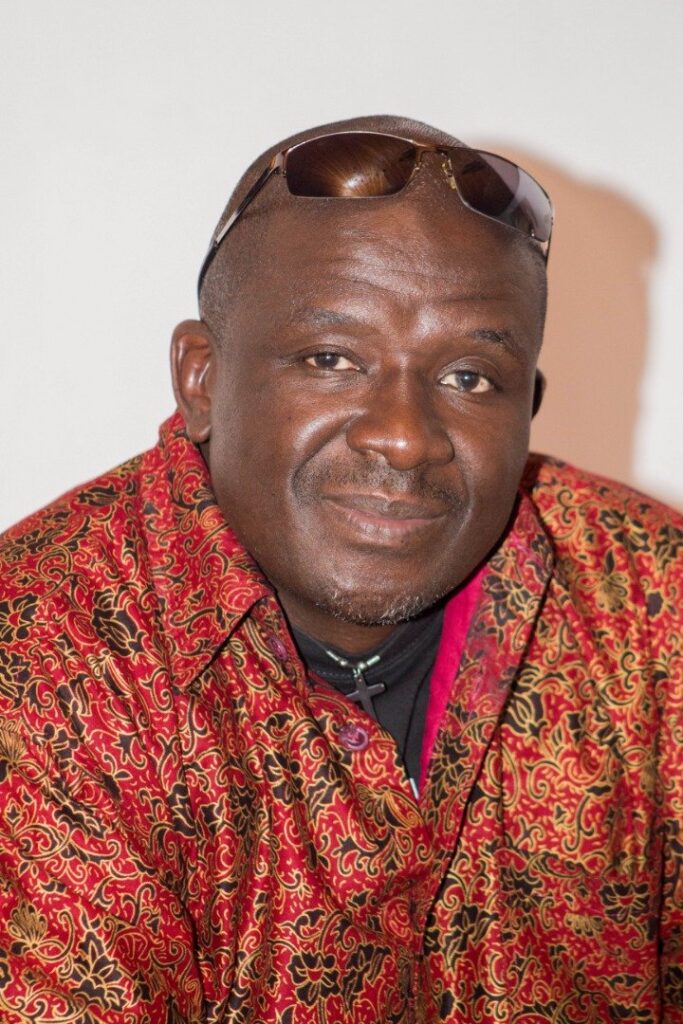By Undule Mwakasungula

As Malawi counts down to the September 2025 General Elections, there is a visible surge in alliance formations among smaller political parties. While some may see this as business as usual in the lead-up to elections, I believe this signals a deeper reality about our political landscape, the constant struggle for relevance and survival by parties that lack national influence but still want to be seen as part of the democratic equation.
The decision by small parties to come together is, in itself, a wise and necessary political move. In a democracy like ours where coalition politics has become the rule rather than the exception parties that cannot command broad support must either form strategic alliances or face complete political obscurity.
When these smaller groupings pool their limited support bases, ideas, and resources, they may gain more visibility and a louder voice. They may also increase their bargaining power when engaging with larger political players. However, the hard truth is that an alliance of small parties, without any of the dominant political forces, is unlikely to notably alter the outcome of the election.
Let us be frank, Malawi’s political space is firmly controlled by the Malawi Congress Party (MCP), Democratic Progressive Party (DPP), United Transformation Movement (UTM), and to some degree, the United Democratic Front (UDF). These are the parties with deep historical roots, broad structures across the country, and a loyal voter base.
History provides a clear lesson, no recent electoral victory has been possible without a strong and effective alliance. The Tonse Alliance, which led to the 2020 change in government, remains a classic example of how coordinated political collaboration can yield transformative results. The lesson here is clear alliances work, but only when they are grounded in substance, backed by strong leadership, and formed around parties with demonstrated influence and reach.
Small parties alone often lack the capacity to campaign effectively on a national scale, let alone win parliamentary or presidential seats. Their strength, however, lies in their ability to influence narratives, represent niche or regional interests, and act as policy influencers but only if they position themselves strategically and align with major players.
Unfortunately, many of the recent alliance announcements appear to be more symbolic than strategic. For some, it seems more about showing the Malawians that they still exist issuing press statements and holding joint conferences to stay in the media spotlight. This is not inherently wrong, but it is a far cry from crafting a serious political alternative that can mobilize voters and influence national direction.
In my opinion, if these smaller parties truly want to add value in this election cycle, they must be realistic. They must be willing to enter meaningful partnerships with dominant parties, either to negotiate policy space, or even aim for specific leadership roles. This is where their relevance can be felt not necessarily at the top of the ticket, but behind the scenes, influencing the structure of future governments.
Malawi needs strong, competitive elections ones that offer real choices and bring diverse ideas to the forefront. Small parties have a role to play in this, but only if they move beyond mere survival tactics and begin to think strategically, long-term, and nationally.
Without this, their alliances however well intentioned may not move beyond press statements and headlines.
Undule Mwakasungula
Goverance and Human Rights Advocate
Cell: + 265 991 143 568
Email: undule@udkconsultmw.net
Website: https://udkconsultmw.net/
The writer is a human rights activist and governance advocate who works across various sectors including political accountability, democracy, and civic participation. He is also known for advocating inclusive politics and electoral reforms in Malawi.
10th April, 2025


